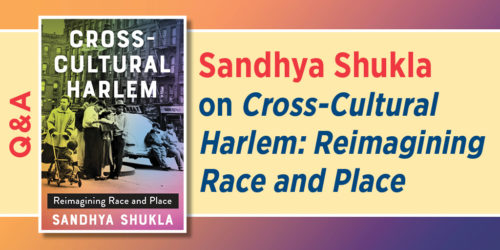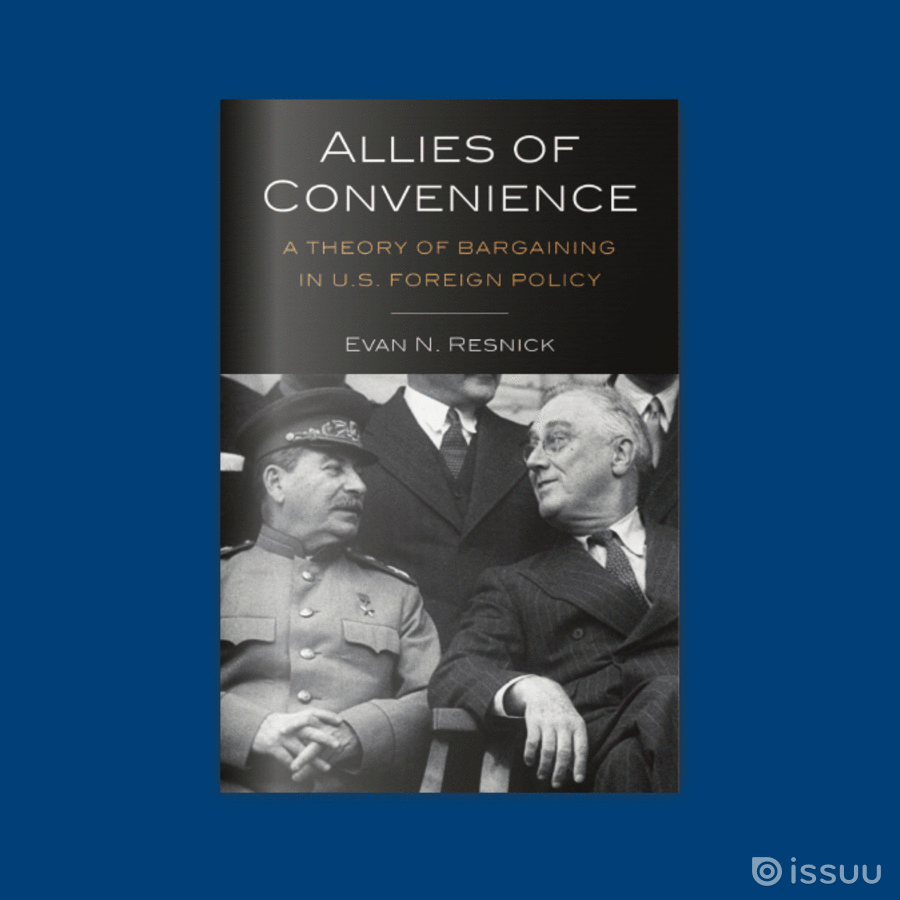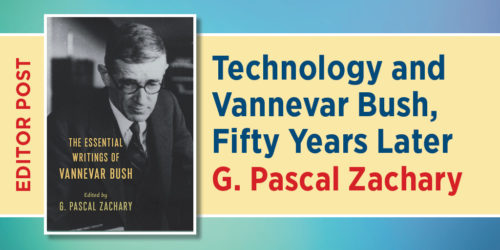The Fire: The Bombing of Germany, 1940-1945
First published in English in 2006, Jörg Friedrich’s The Fire: The Bombing of Germany, 1940-1945 is now available in paperback.
Upon publication of the hardcover edition of the book, Peter Dimock, the editor of The Fire, wrote the following essay discussing the book’s importance, its relevance to contemporary events, and how we think about the conduct of modern warfare:
Sometimes an editor can feel in his bones when the prose on the page of a manuscript he is holding in his hands marks a possible turning point in the way the present decides to understand itself. I have been lucky enough to have had this feeling once or twice in the course of my twenty-two years in publishing. It happened again when, at the urging of another author, I and Columbia University Press took on the project of publishing the English-language edition of Jörg Friedrich’s The Fire. Here are the first words of the book from the chapter titled “Weapon”:
“The bomber will always get through.”—Prime Minister Stanley Baldwin
The bomb does not take a precise path when finding its target. So the target becomes
whatever the bomb can find—a city.
The sound of this voice, it seems to me, signals the arrival of a historical prose of a special order, the more so since the implied subject is the moral and historical significance of the Allied fire bombing of German cities during World War II. This sense is heightened when the reader is reminded that the author is a German writer celebrated for earlier historical work that is scathing in its portrayal of the leniency of the German prosecution of Nazi war criminals immediately following the war.
Why do so many historians and reviewers feel that so much is at stake in the way readers interpret Friedrich’s book and the critical reception it receives in the public media? The book has sparked controversy everywhere since its original appearance in Germany in 2002. The contemporary interpretive question The Fire is raising by historical indirection, I suspect, is the origins of the willingness of the contemporary modern liberal state to develop and use weapons of mass destruction against civilian populations. To see the fire bombing of German cities as an integral part of that history as well as the history of the virtuous Allied defeat of Germany and Japan is, for many, to experience interpretive vertigo.
Will contemporary understanding of this subject extend beyond the military necessity to defeat Hitler? Will our contemporary understanding include seeing the fire bombing of German cities as a pivotal early moment in the history of the development of weapons of mass destruction and the willingness of modern states to use the terror such weapons impose on daily life as part of their overwhelming arsenal of power?
Weapons of mass destruction obviously go directly to the heart of current issues of American power and the continuing projection of that power in Iraq and around the world. Perhaps the English-language translation of The Fire and the fascination it is beginning to exercise reflect a desire on the part of American and English readers, critics, and editors alike to confront these wider and timely issues.
***
For more on the book, you can also read more reviews of the book, read Friedrich’s afterword addressed to British and American readers, and listen to a podcast interview with Friedrich.






